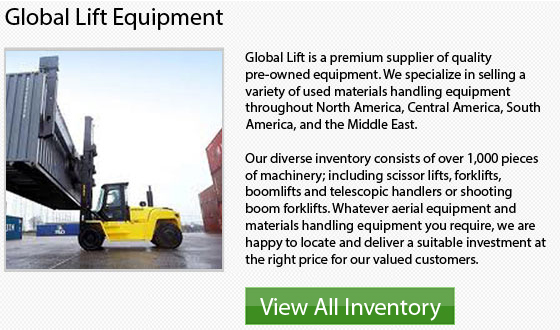
Prior to buying a forklift truck, you must make sure that it is correctly checked and given a test run. This applies especially to trucks being bought on the Web. It is very vital to find potential issues with trucks obtained from companies on-line.
Be sure to start the engine from cold, and note the ease with which the engine turns over and whether there is too much smoke. This is especially crucial with trucks that have IC engines.
The test run must include a check of the truck's performance in challenging situations. An operator who is trained can maneuver the truck in forward and reverse, up the ramp.
You could check an IC engine truck yourself. On a clear area of floor, run the truck around for several minutes while a skilled operator tests the hydraulic functions. Afterward, examine the ground underneath for indications of fluid leakage. Even seemingly insignificant leaking could result in serious issues that would be costly to fix later on.
A skilled individual must check the masts and chains. Check with and without a load that the mast operates well. Watch for sticking or 'binding' of the mast. A warning indication is play in the mast channels or between the fork carriage and mast. Another is creeping forward or creeping down of the mast when loaded. These could be signs of issues with seals, ram or valve.
The mast may have been changed at some time if the truck is not new. Make sure that the mast and any fitted attachments adhere to the rating plate on a truck. Make sure that the sideshift is not sticking when loaded.
Looking closely at the thickness of the heel for damage or wear should be included in the inspection. The truck's manufacturer specifies minimum thickness. A loose fit might mean the hanger points or carriage are worn. Look for cracks on the arms at mountings and heels.